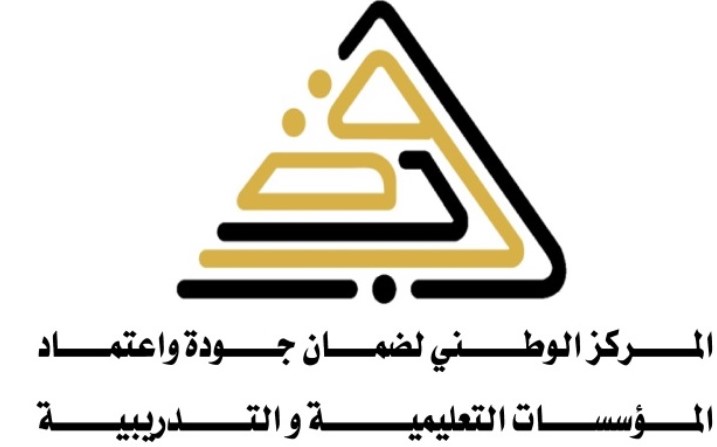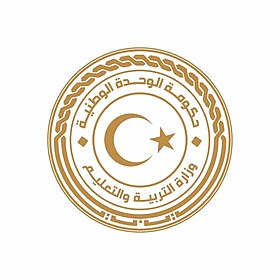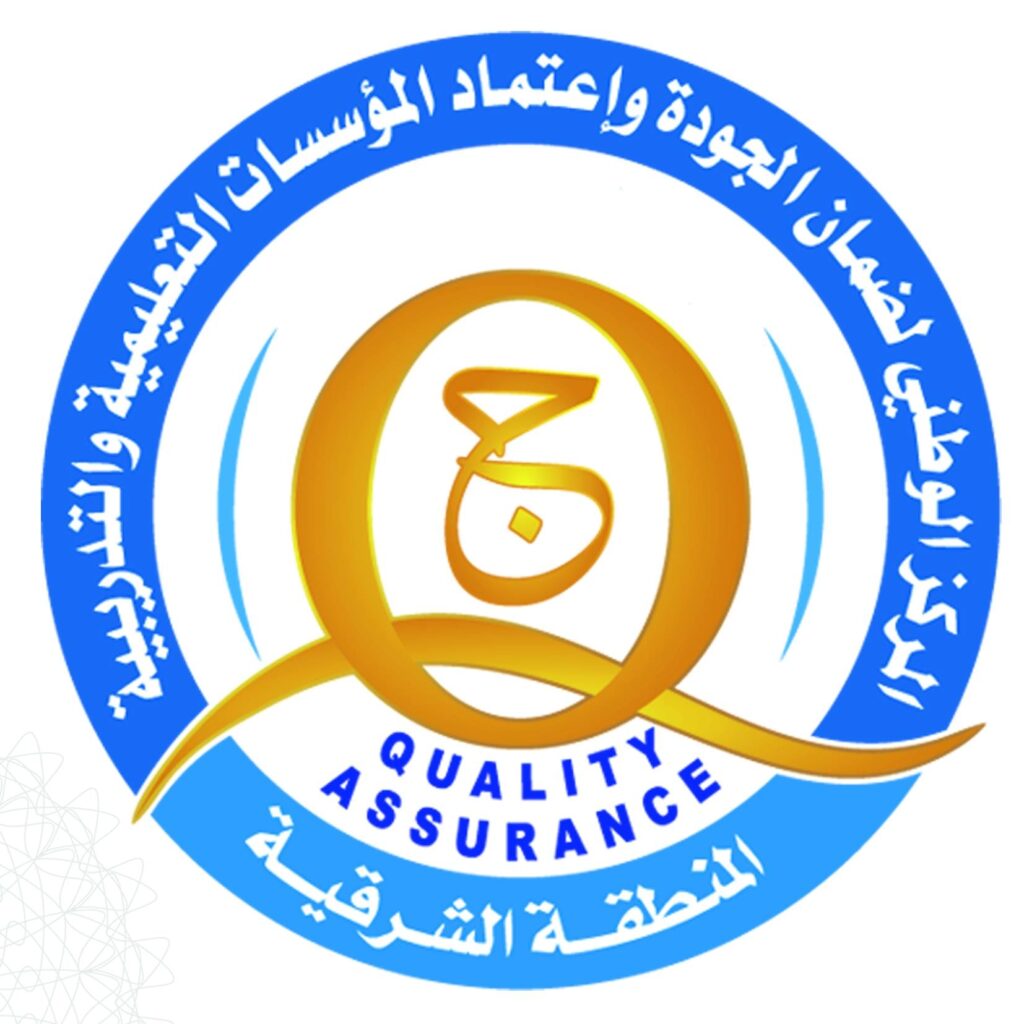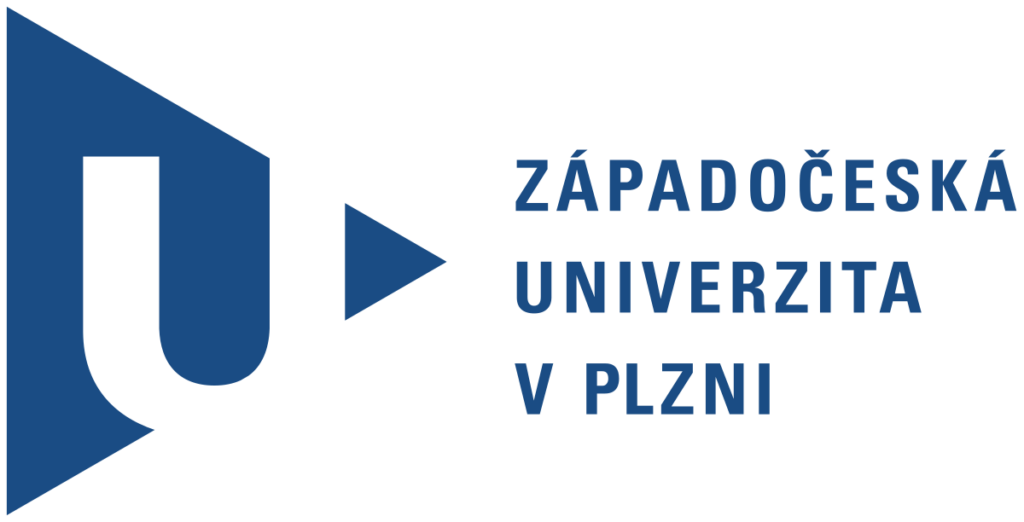إدارة الرعاية الصحية للدراسات العليا
الدراسات العليا ماجستير العلوم في إدارة الرعاية الصحية
يُعد برنامج الماجستير في إدارة الرعاية الصحية أحد البرامج الأكاديمية التي تقدمها كلية العلوم الإنسانية والاجتماعية بالجامعة الليبية الدولية للعلوم الطبية.
لقد تم تصميم هذا البرنامج العلمي بالاعتماد على العديد من المؤشرات والمعايير والمراجع. وقد تم الاستناد إلى قانون التعليم العالي الليبي رقم (501) لسنة 2010، وكذلك المناهج الدراسية لبعض البرامج الدولية الرائدة في إدارة الرعاية الصحية عند تطوير هذا البرنامج، مع الأخذ في الاعتبار خصوصية بيئة الأعمال الليبية واحتياجات سوق العمل.
سيتم تقديم البرنامج باستخدام تقنيات تعليمية حديثة مثل التعلم القائم على حل المشكلات (PBL)، والتعلم القائم على الفريق (TBL)، والتعلم القائم على دراسة الحالة (CBL).
وبالتالي، سيتم التركيز على الطالب كمصدر لإنتاج المعرفة بدلاً من كونه متعلماً سلبياً.
لكي يُمنح الطالب درجة الماجستير في العلوم في إدارة الرعاية الصحية، يجب عليه اجتياز 10 مقررات بنجاح، بواقع 8 نقاط ائتمانية أوروبية (ECTS) لكل مقرر.
بالإضافة إلى ذلك، يجب تقديم رسالة ماجستير تحتسب بـ 16 نقطة ائتمانية أوروبية (ECTS)، وستُجرى مناقشة رسمية (شفوية) لها بعد ذلك.
سيكون خريجو مثل هذه البرامج جاهزين للانخراط في سوق العمل في مجال الرعاية الصحية كممارسين في مؤسسات الرعاية الصحية العامة والخاصة أو كأكاديميين في مؤسسات التعليم العالي.
وكالة الدراسات العليا بالجامعة

الدكتور عبد الباسط الغرياني
رئيس برنامج ماجستير العلوم في إدارة الرعاية الصحية
ماجستير في علوم نُظم المعلومات الصحية، جامعة سابينزا، روما
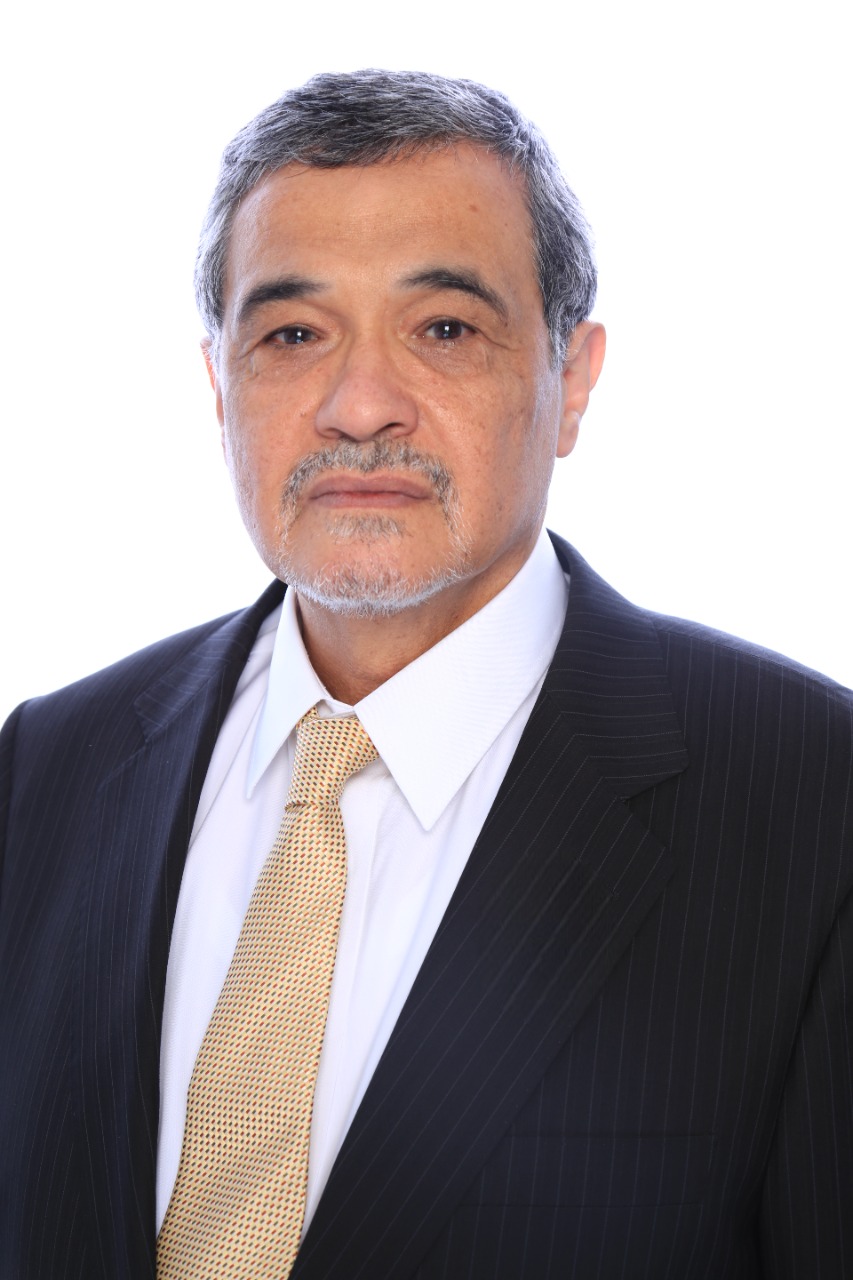
الدكتور صلاح أبوسدرة
منسق برامج الماجستير
دكتوراه في الاقتصاد، جامعة كولورادو
الاعتراف والاعتماد
يُعد الاعتراف الأكاديمي والاعتماد من أهم الأمور التي تشغل أي مؤسسة تعليمية. لذلك، حرصت الجامعة الليبية الدولية للعلوم الطبية على هذا الأمر من خلال التقدم للحصول على الاعتراف الرسمي من وزارة التعليم الليبية ومركز ضمان الجودة والاعتماد. وقد نجحت الكلية في استيفاء متطلبات الاعتراف والاعتماد وحصلت على اعتراف لبرامج درجة البكالوريوس. ومن ثم، كان هذا دافعاً أساسياً للمضي قدماً في برامج الدراسات العليا من خلال ترتيب اتفاقية تعاون والشراكة مع بعض الجامعات الأوروبية تحت إشراف مفوضية الاتحاد الأوروبي، وقد انتهى هذا الأمر بإطلاق برنامج الماجستير في إدارة الرعاية الصحية. ويتم تخطيط هذا البرنامج وتنظيمه والإشراف عليه وتقييمه بالكامل من قبل الاتحاد الأوروبي طوال فترة الدراسة. وقد بدأ الفصل الدراسي الأول لبرنامج الماجستير في إدارة الرعاية الصحية في نوفمبر 2022، وتم إرسال تقارير دورية للمتابعة والتقييم.
تمت الموافقة الرسمية على البرنامج في شهر مايو / 2023، من قِبل وزارة التعليم الليبية بموجب القرار رقم 373/2023، الذي يسمح للجامعة الليبية الدولية للعلوم الطبية بإطلاق برنامج ماجستير العلوم في إدارة الرعاية الصحية.
شركاؤنا
رسالة البرنامج
لتزويد خريجينا بالمعرفة والمهارات والقدرات اللازمة لقيادة وإدارة جوانب قطاع الرعاية الصحية، ليصبحوا قادة مؤثرين في هذا القطاع، وذلك من خلال
منهج دراسي شامل يدمج بين النظرية والبحث والخبرة العملية. نحن ملتزمون بتعزيز التنوع والمساواة و
الشمولية في جميع جوانب برنامجنا وإعداد خريجينا للقيادة بالتعاطف والنزاهة والمسؤولية الاجتماعية.
رؤية البرنامج
أن نكون برنامجاً رائداً يُعد الخريجين ليصبحوا قادة مبتكرين وأخلاقيين وأكفاء في قطاع الرعاية الصحية في ليبيا وخارجها.
قيم البرنامج
- التعلم الذاتي.
الجودة.
العمل بروح الفريق.
الشراكة الفعالة.
الابتكار و التميز.
أهداف البرنامج
يهدف برنامج الماجستير في إدارة الرعاية الصحية إلى إعداد وتأهيل الكوادر البشرية العاملة في القطاع الصحي لتكون قادرة على إدارة هذا القطاع بكفاءة وفقاً للمعايير العلمية المعترف بها، الأمر الذي ينعكس على تحسين وتطوير أداء الأفراد والمؤسسات العاملة في هذا القطاع. وعليه، فإن الأهداف العامة لهذا البرنامج هي تمكين الطلاب من:
تحديد مفاهيم تخصص إدارة الرعاية الصحية.
تحديد وظائف الإدارة المستخدمة في إدارة الرعاية الصحية.
تطبيق وظائف الإدارة لحل مشاكل واقعية في مؤسسات الرعاية الصحية.
تطوير المهارات في استخدام التكنولوجيا في تعليم إدارة الرعاية الصحية؛
تقييم وظائف الإدارة المطبقة في مؤسسات الرعاية الصحية؛
حل المشكلات واقتراح الحلول للتحديات الواقعية في الرعاية الصحية؛
إنتاج تقارير باستخدام تقنيات منهجية وإحصائية واضحة ومناسبة لقطاع الرعاية الصحية.

Program Admission's Requirements
تتكون الشروط العامة للالتحاق بمثل هذا البرنامج مما يلي: يجب أن يكون المتقدم حاصلاً على درجة البكالوريوس أو ما يعادلها في التخصصات ذات الصلة بالطب بتقدير لا يقل عن "جيد" (65%) من مؤسسة تعليم عالٍ وطنية أو دولية معترف بها ومعتمدة. يجب على المتقدم إثبات إتقان اللغة الإنجليزية. يجب الالتزام بالحضور والمشاركة الكاملة في جميع الورش الأكاديمية والعملية المقررة. يجب على المتقدم حضور أربع ورش عمل خلال فترة الدراسة. ستقوم اللجنة العلمية بتقييم الخلفية السابقة للمتقدم (الشهادة، التخصص، كشوف الدرجات، إلخ) واتخاذ قرار بشأن المقررات التكميلية (المقررات التأسيسية) المطلوبة لسد الفجوة التعليمية، إن وجدت، وإعداد الطالب للانضمام إلى هذا البرنامج (برنامج الماجستير في إدارة الرعاية الصحية). الحد الأقصى لعدد المقررات التأسيسية هو ثمانية مقررات.
المقابلات
كجزء من متطلبات العملية التعليمية، تجري وحدة الدراسات العليا عدداً من المقابلات الشخصية مع عدد مختار من المرشحين في كل فصل دراسي. تعتبر هذه الخطوة مهمة جداً لضمان انضمام أفضل المرشحين للدراسات العليا. وعلى وجه الخصوص، سيتم تقييم المرشحين بناءً على خلفيتهم التعليمية، وسلوكهم، ومظهرهم، وإجاباتهم. كما يجب عليهم اجتياز اختبار إتقان اللغة الإنجليزية بمستوى متوسط. ويشمل ذلك اختبارات القراءة والكتابة والاستماع والتحدث. بعد ذلك، سيتم اختيار أفضل المرشحين بناءً على متوسط درجاتهم.
